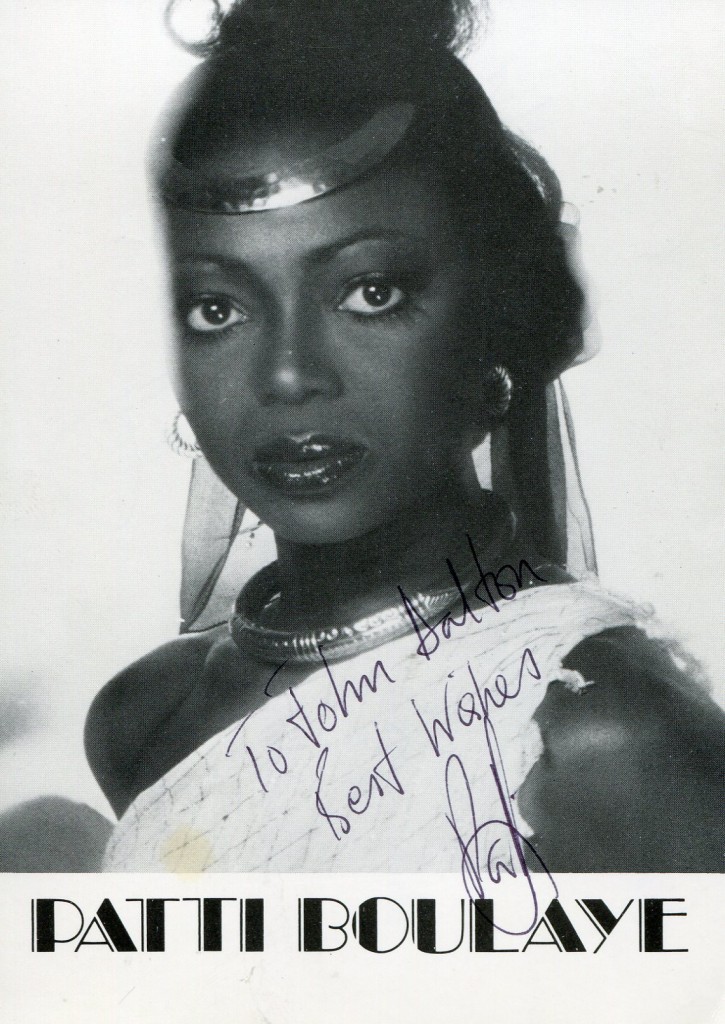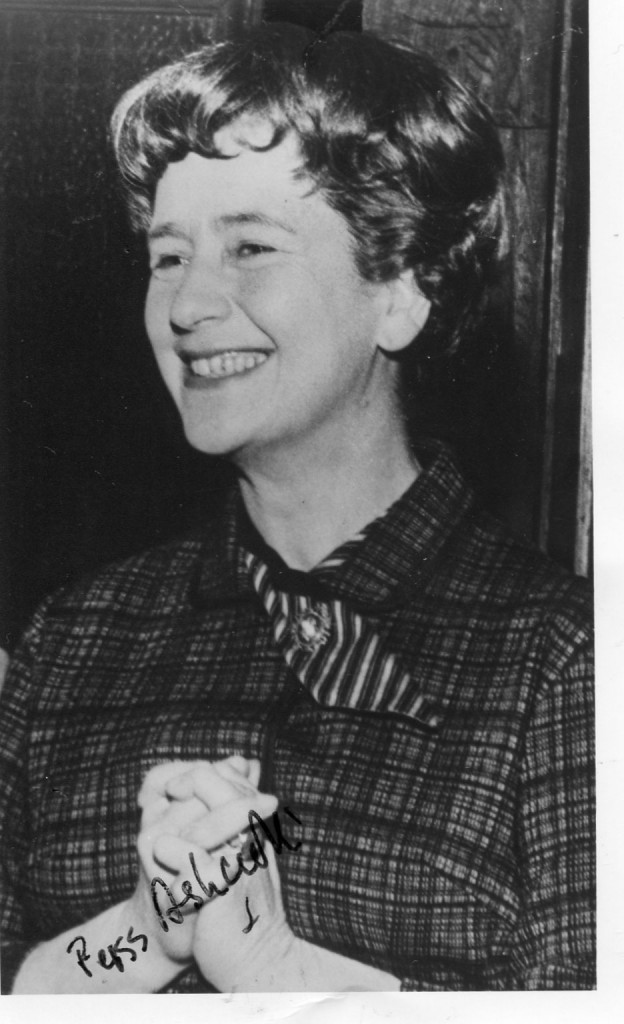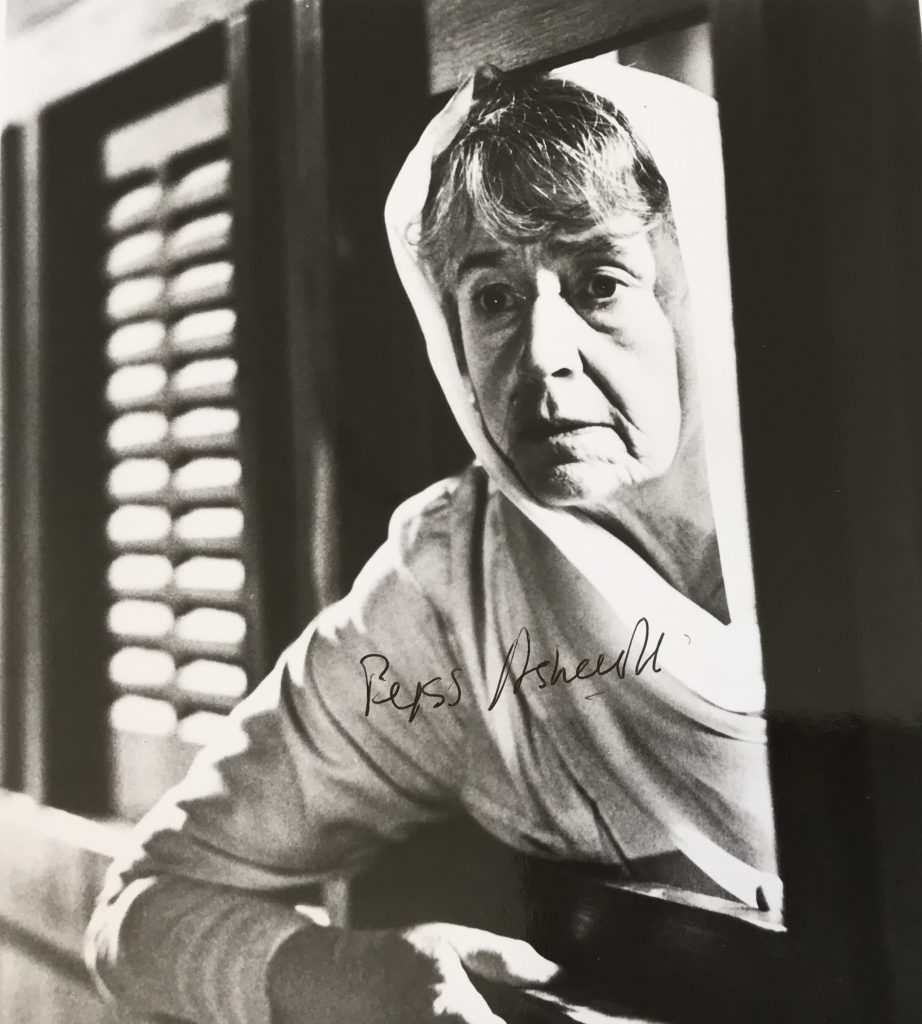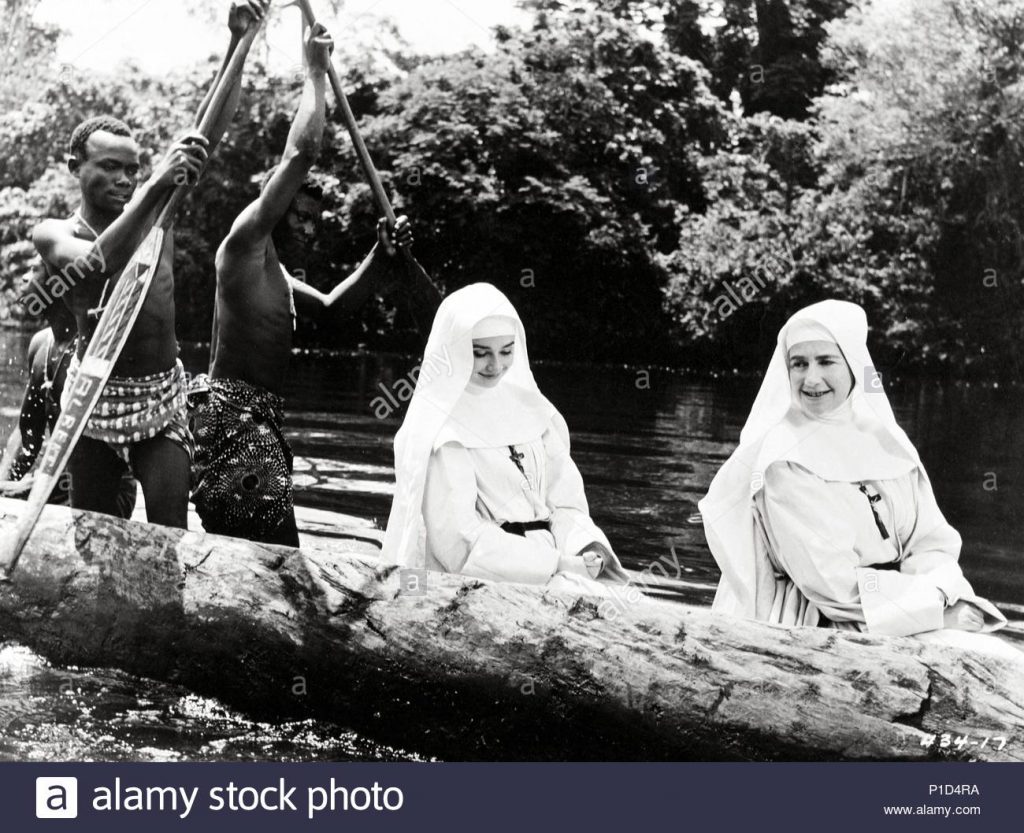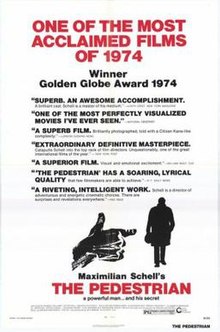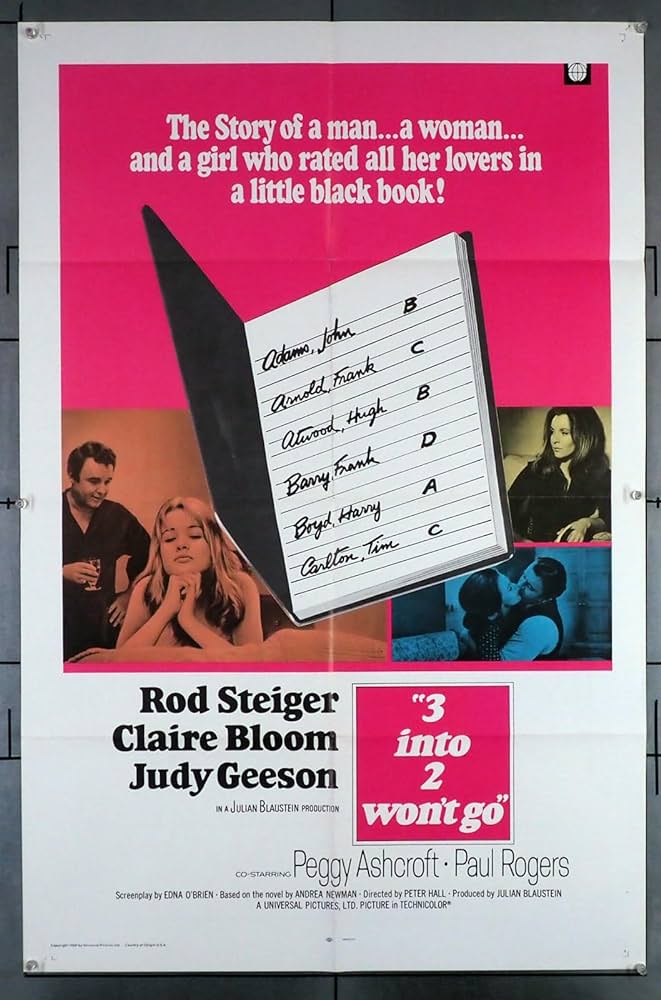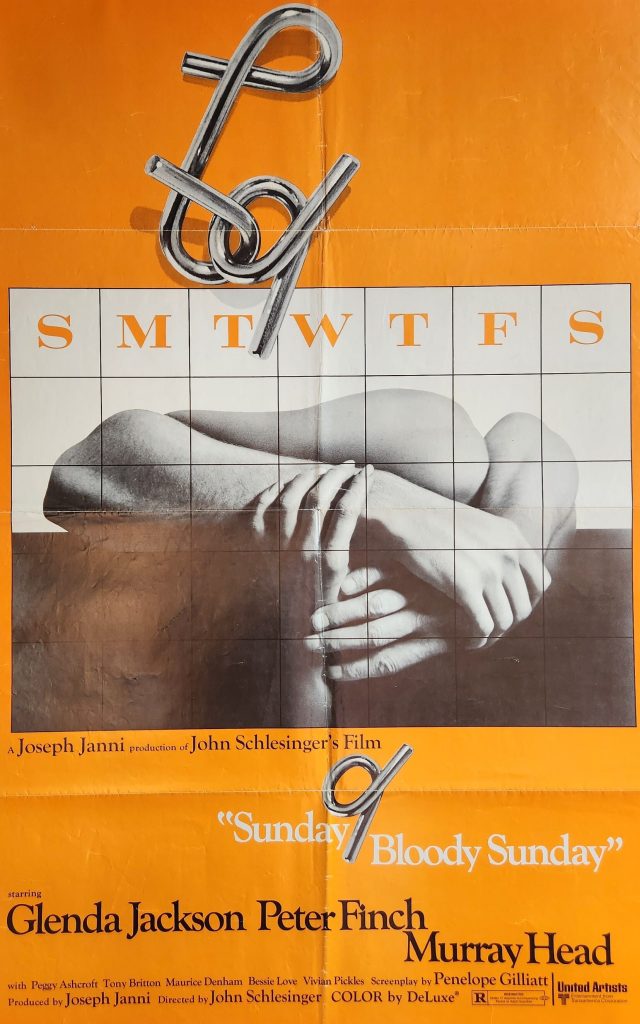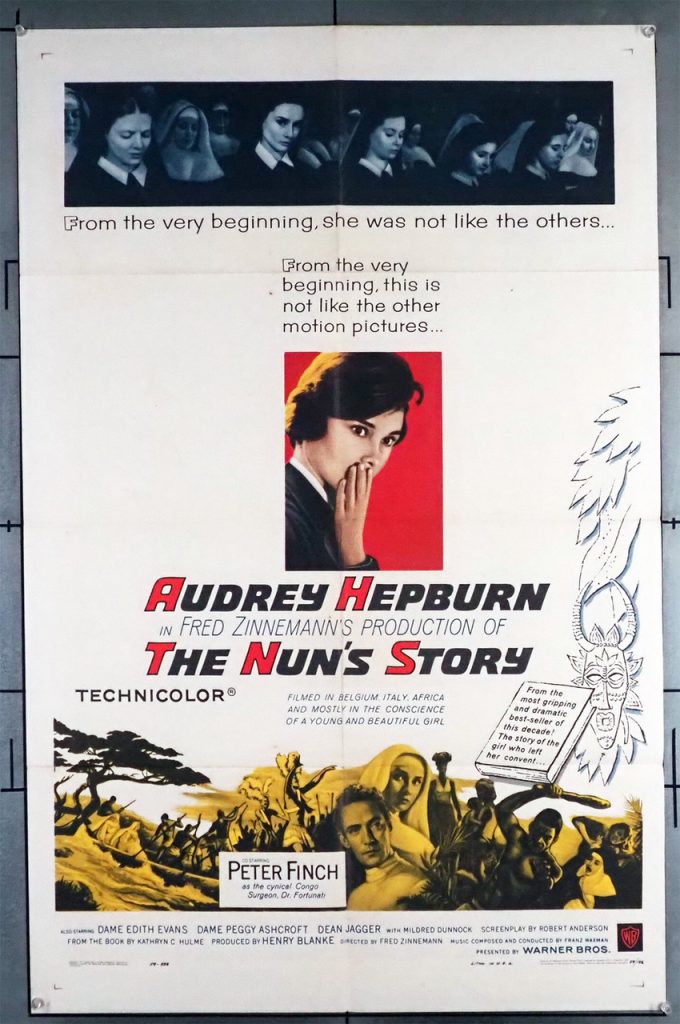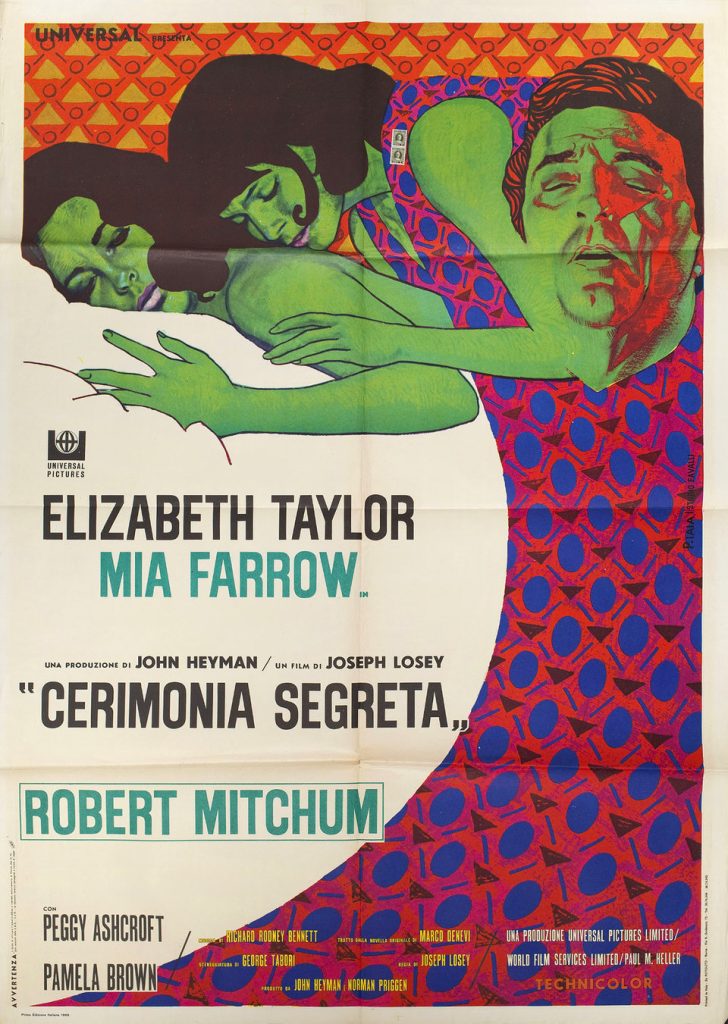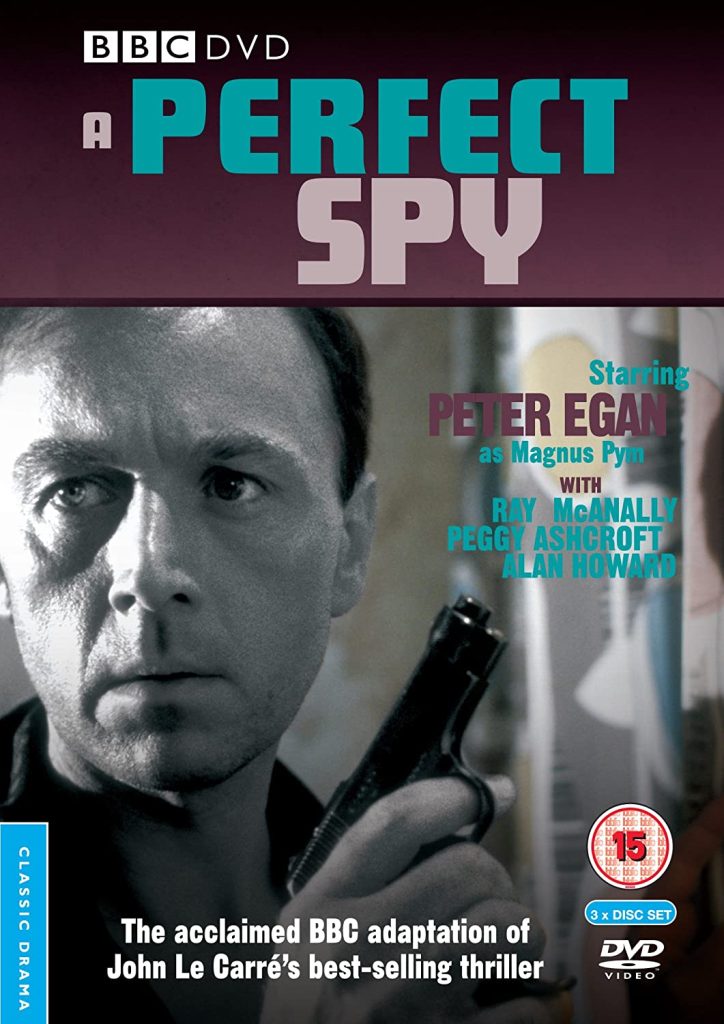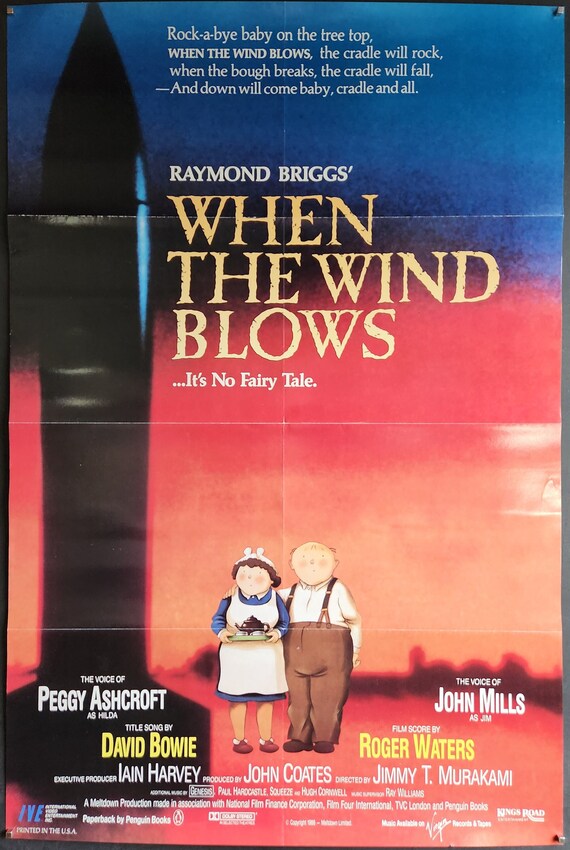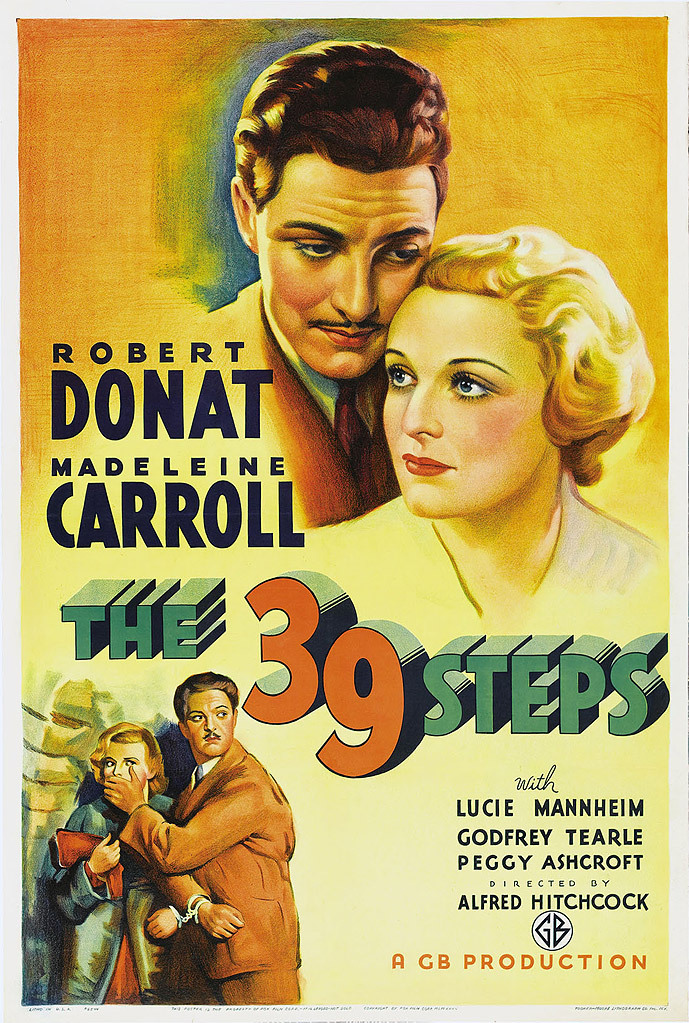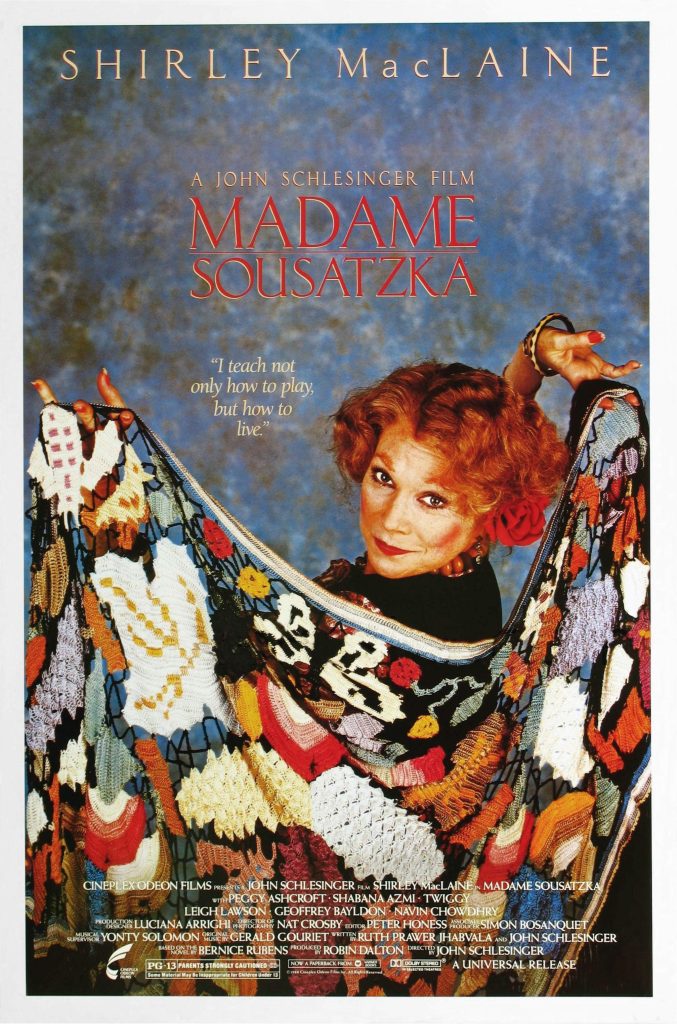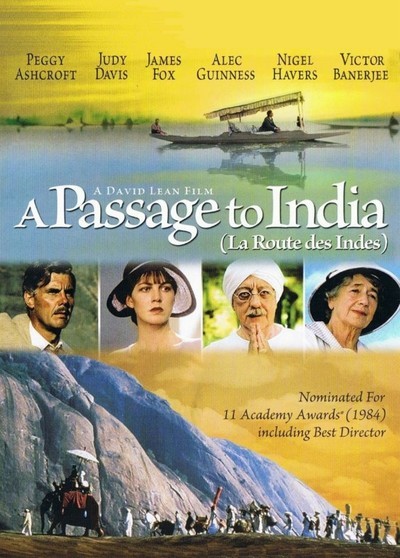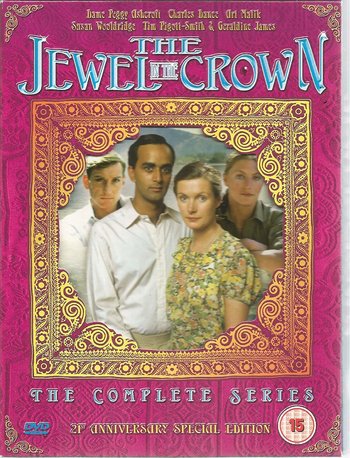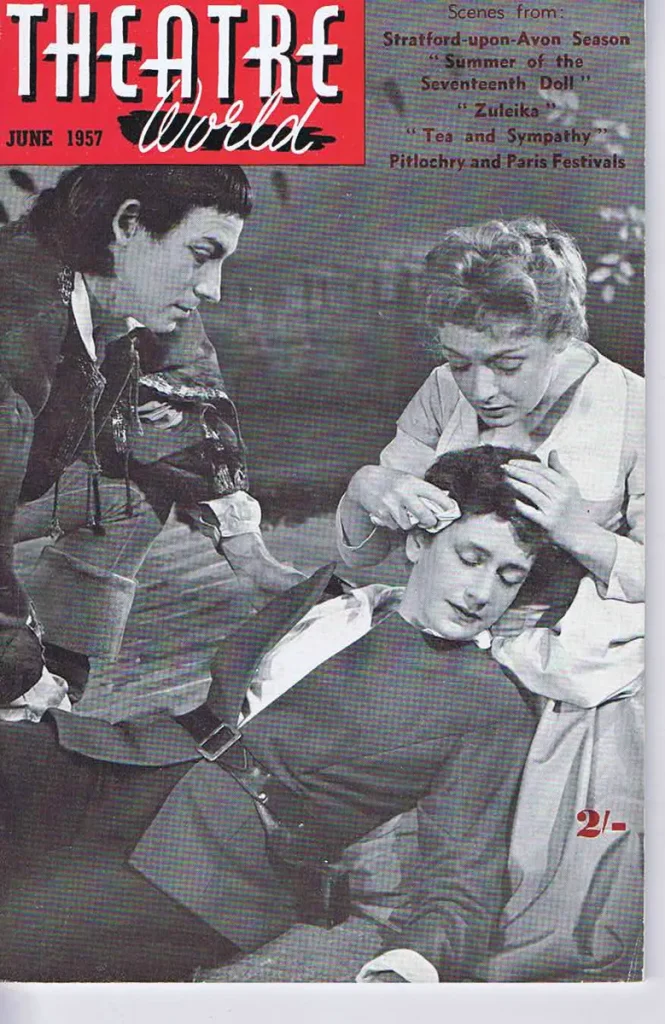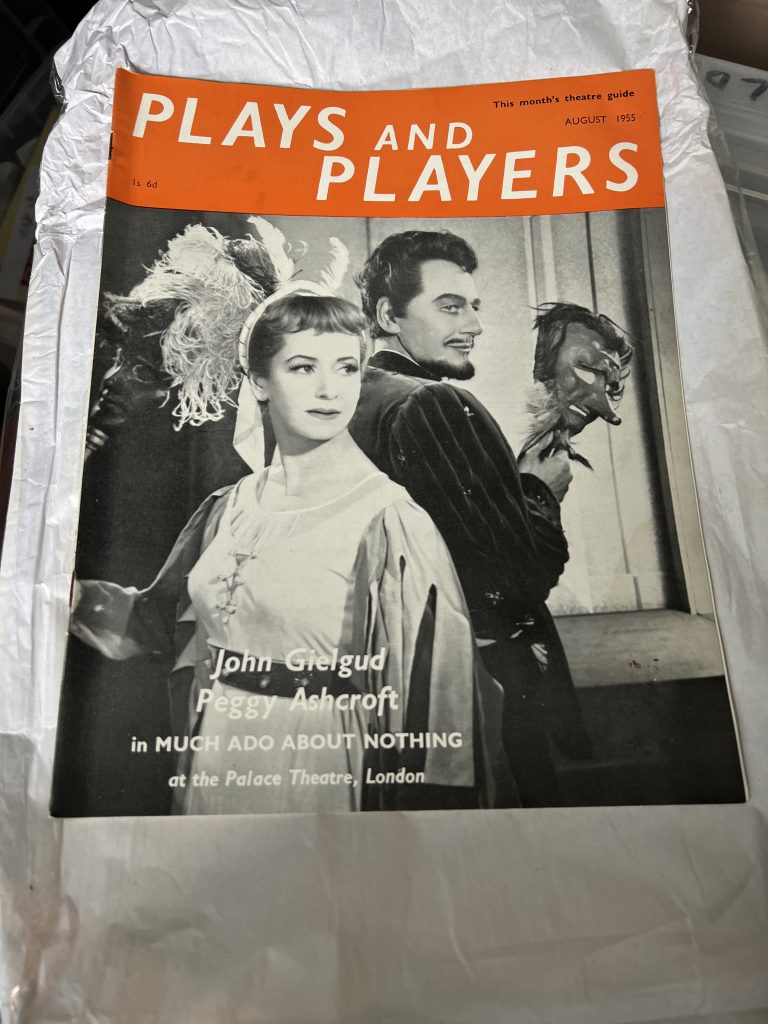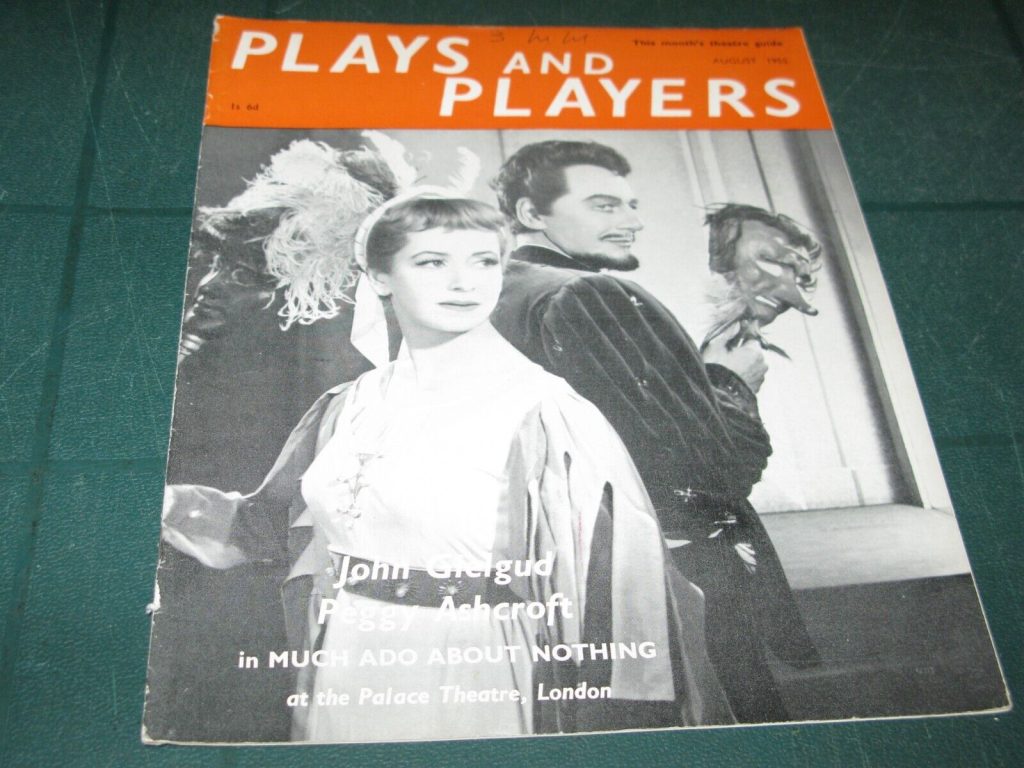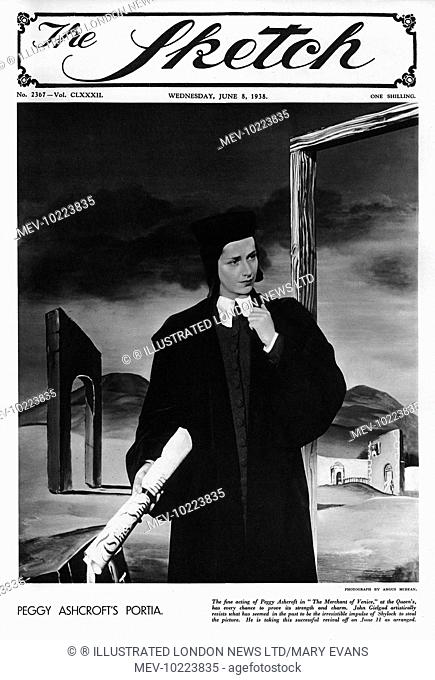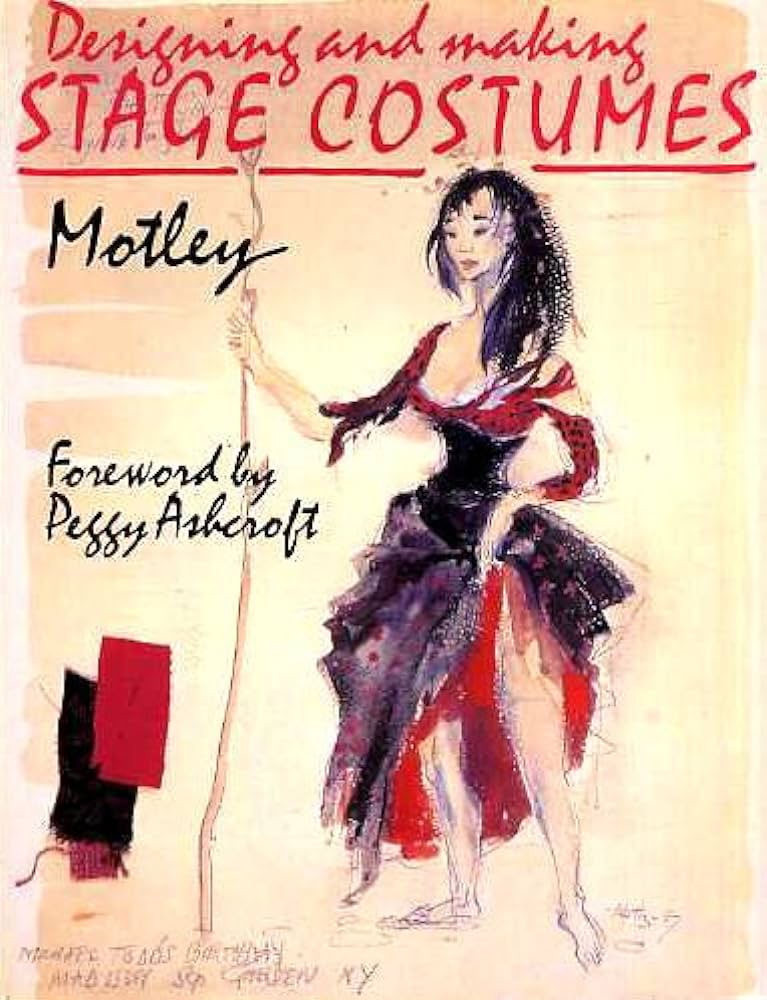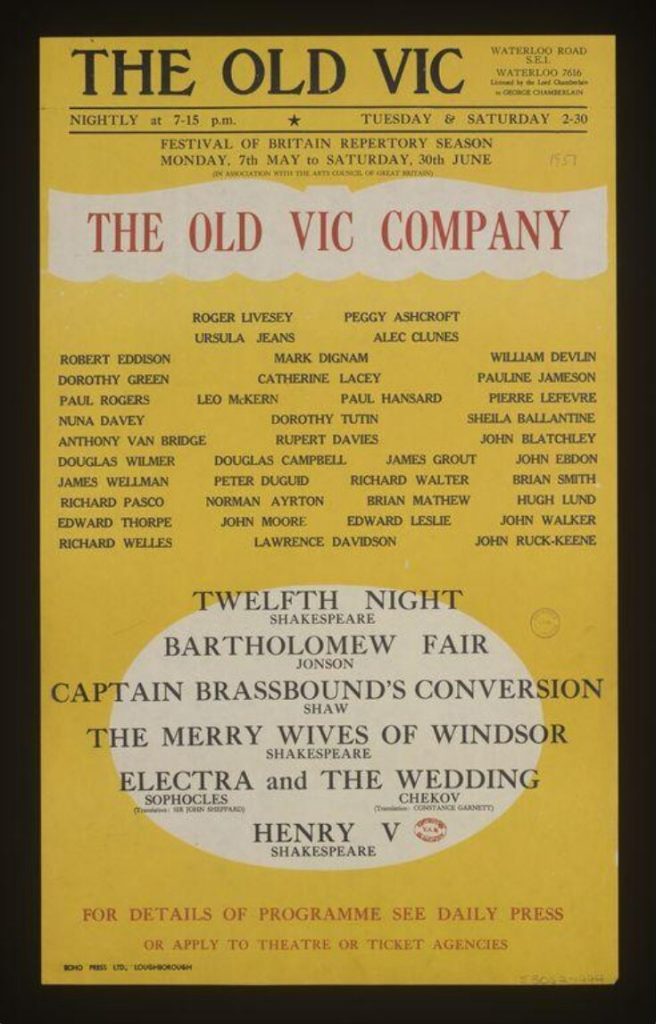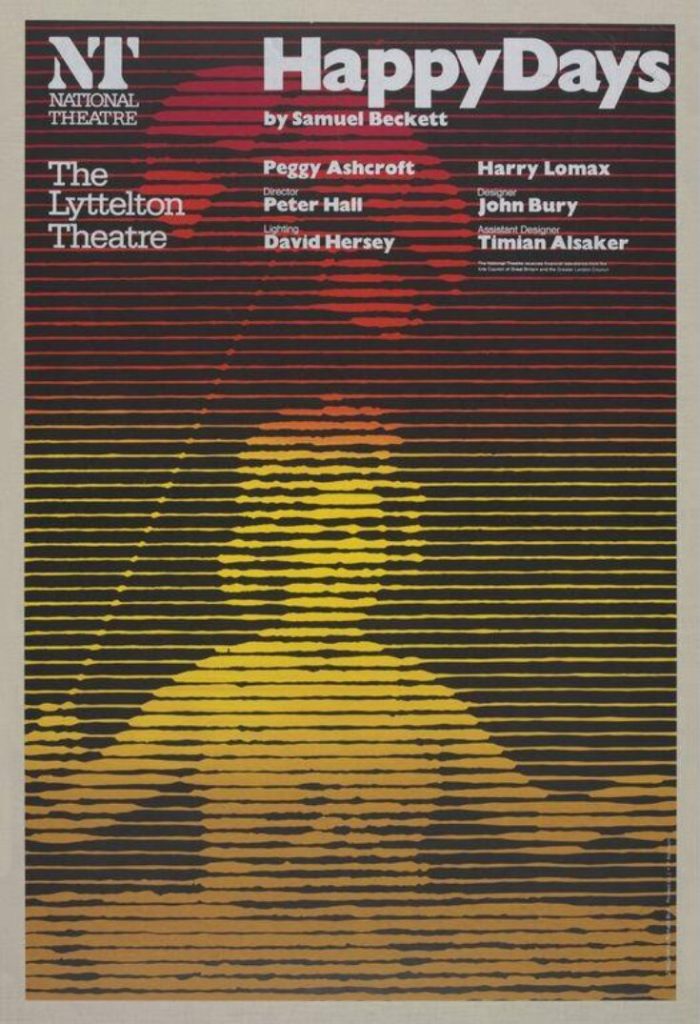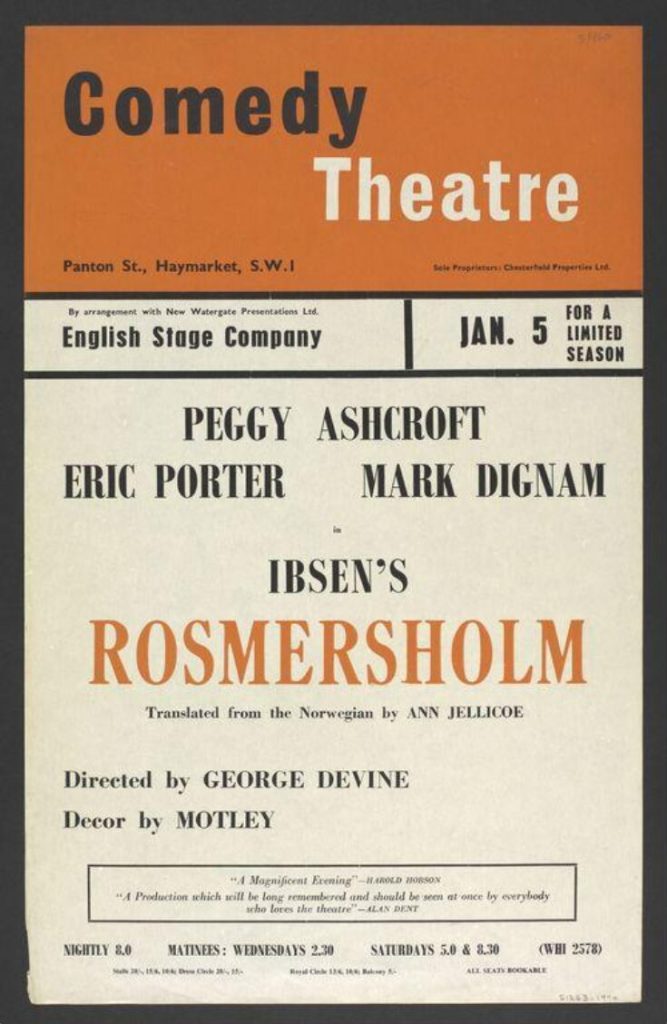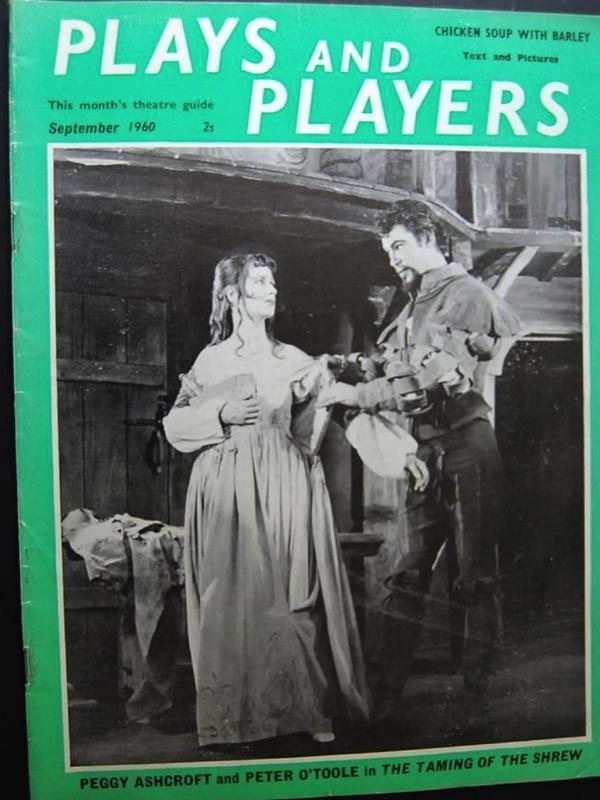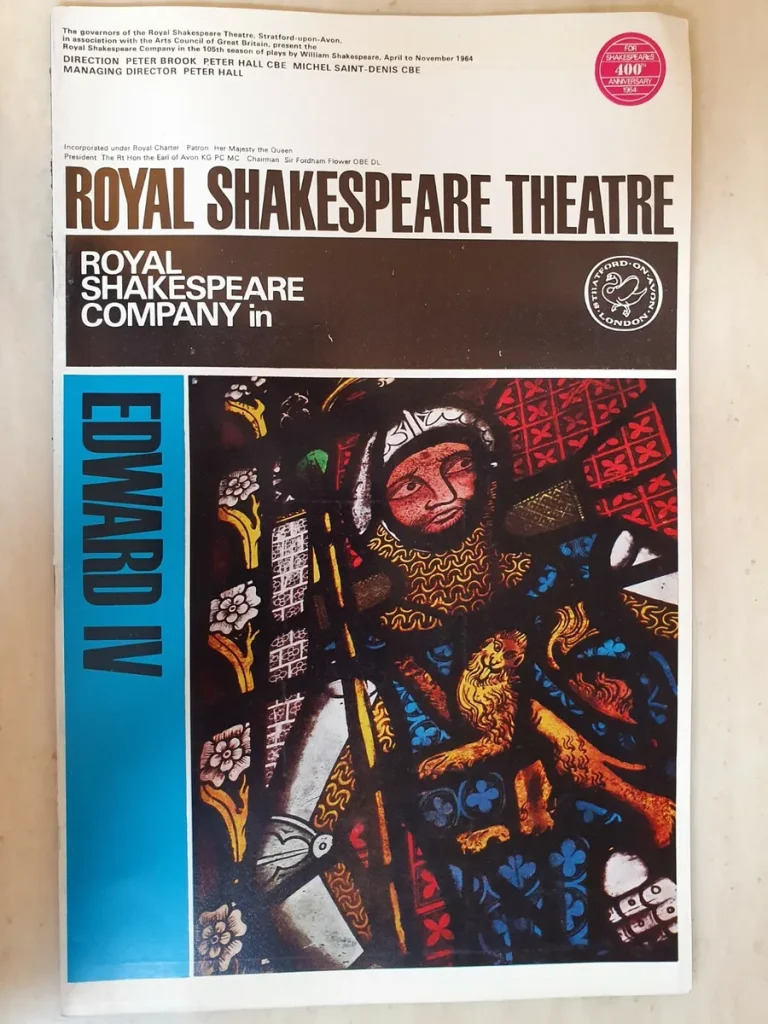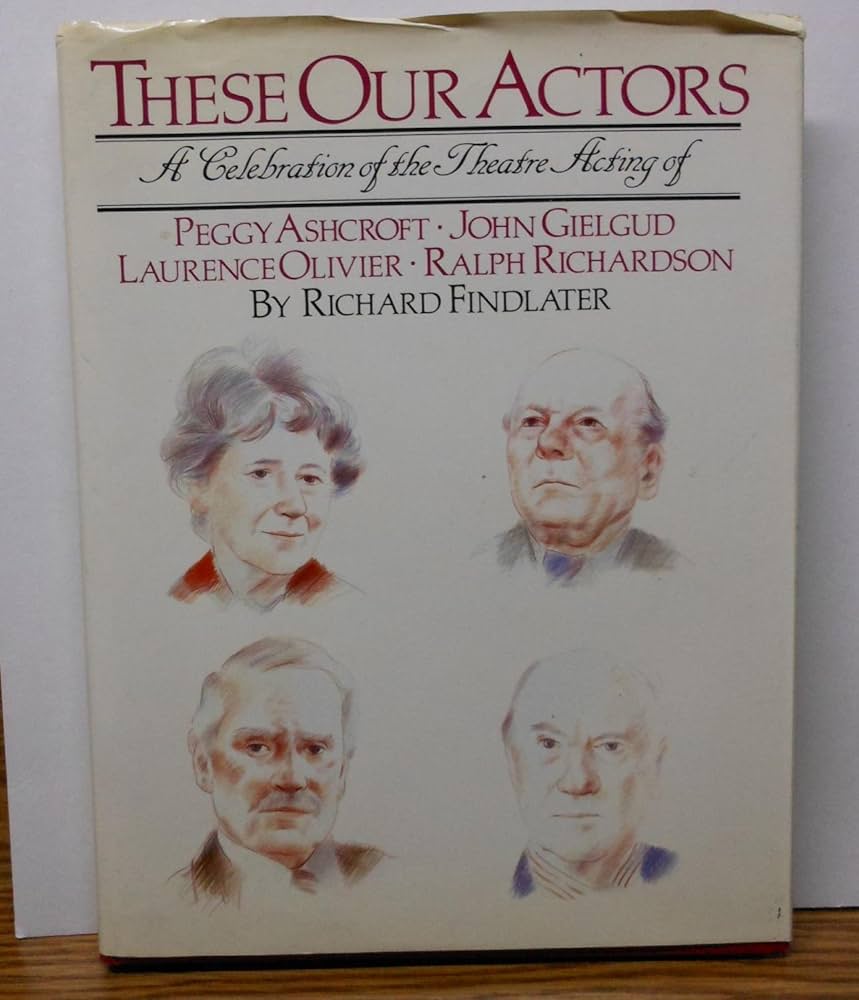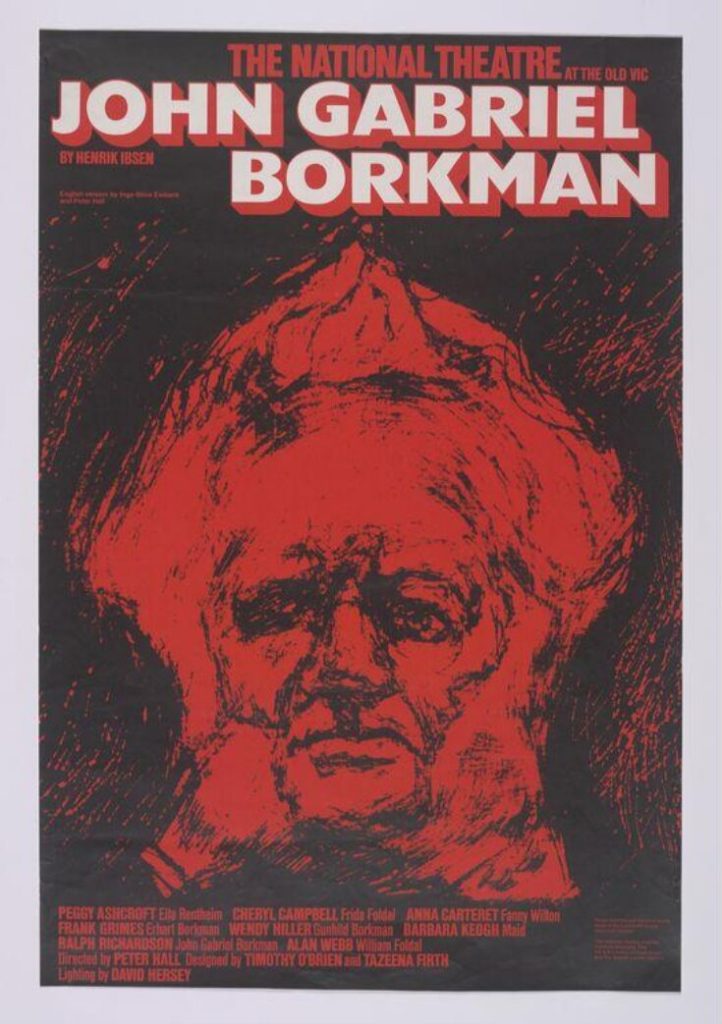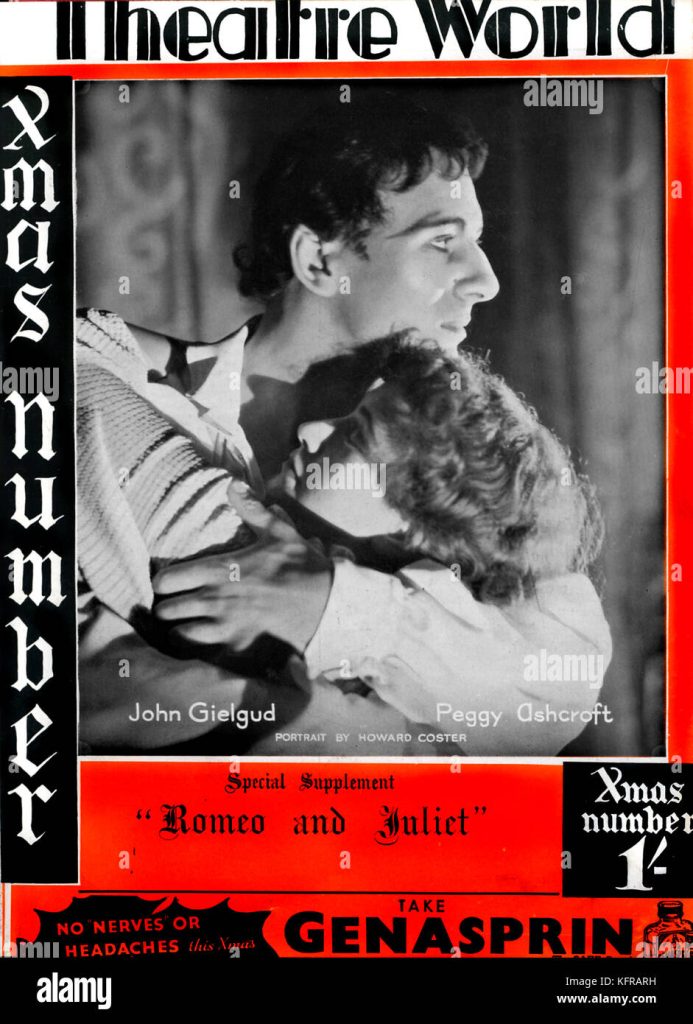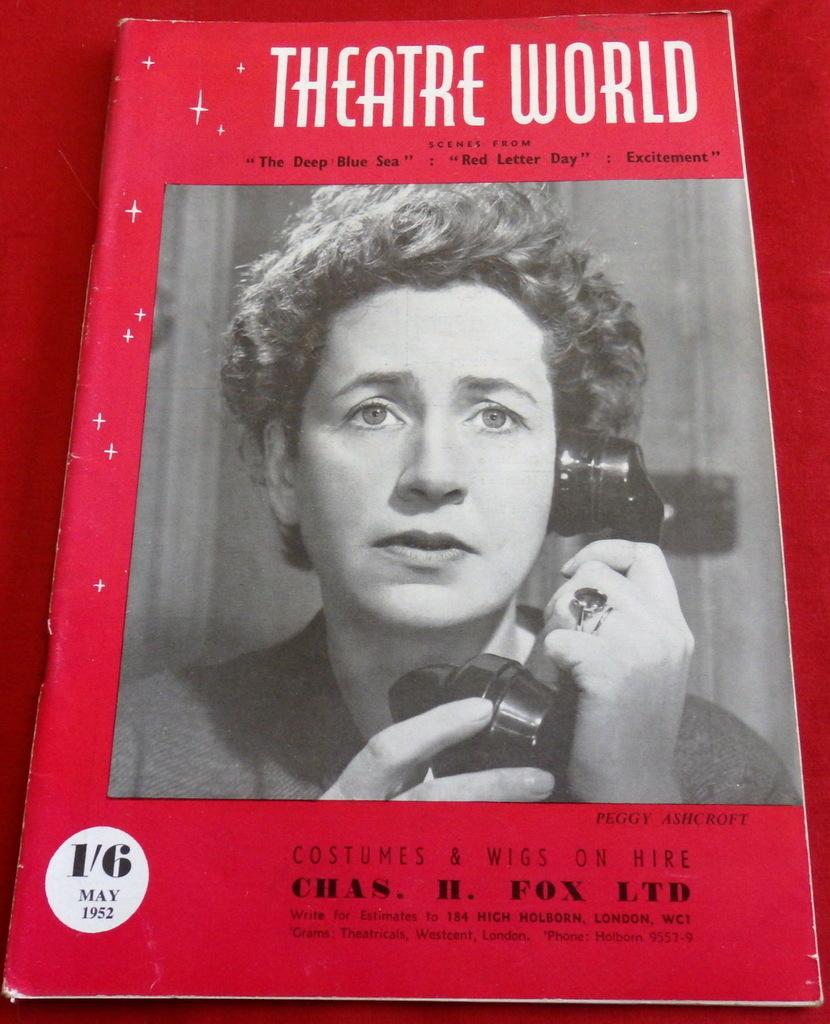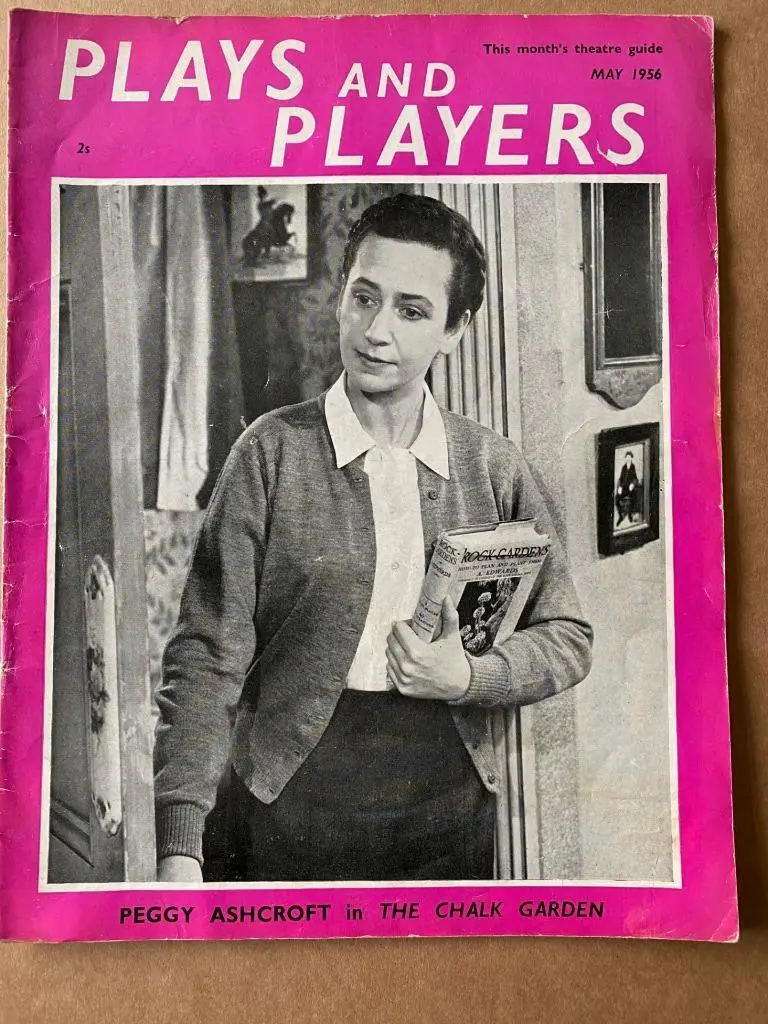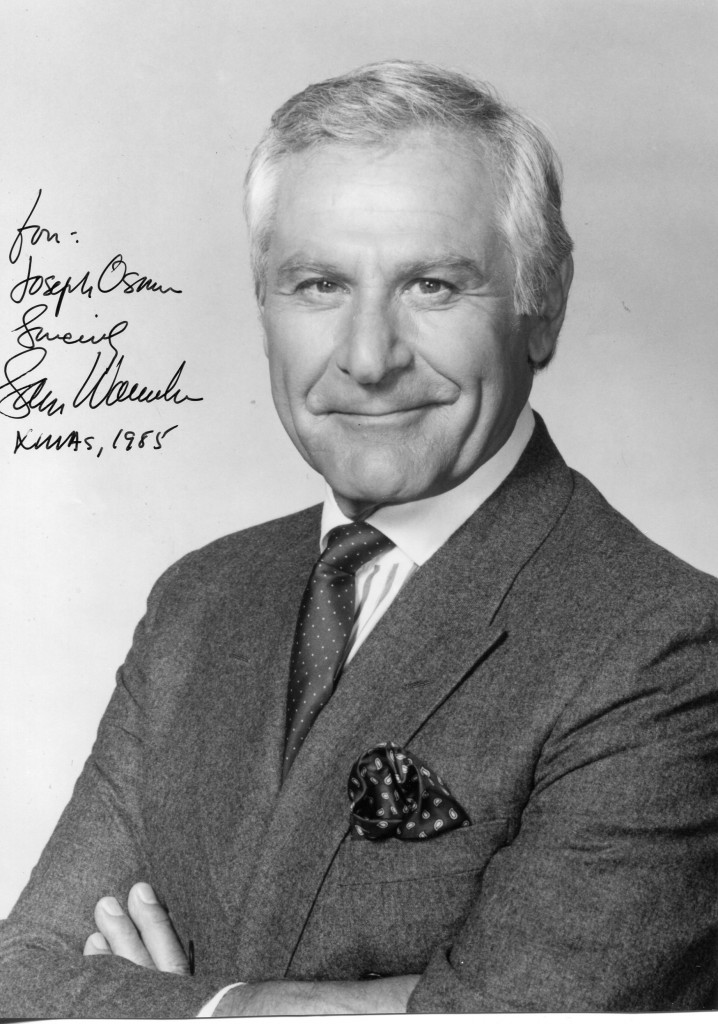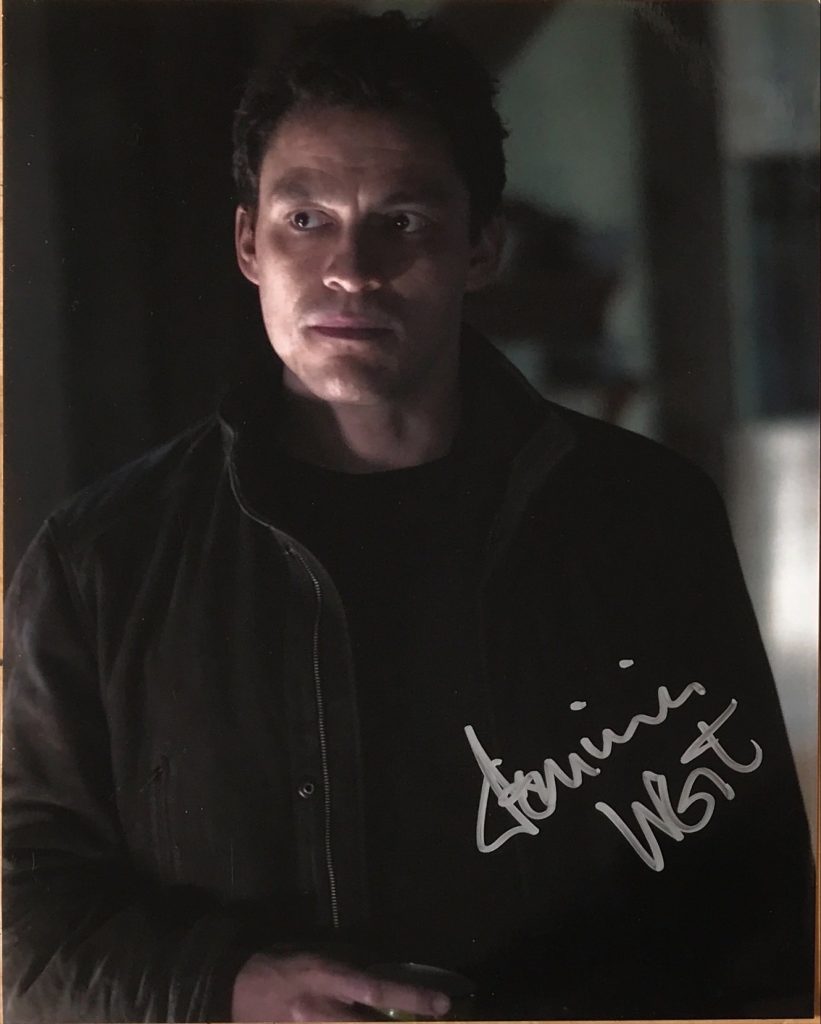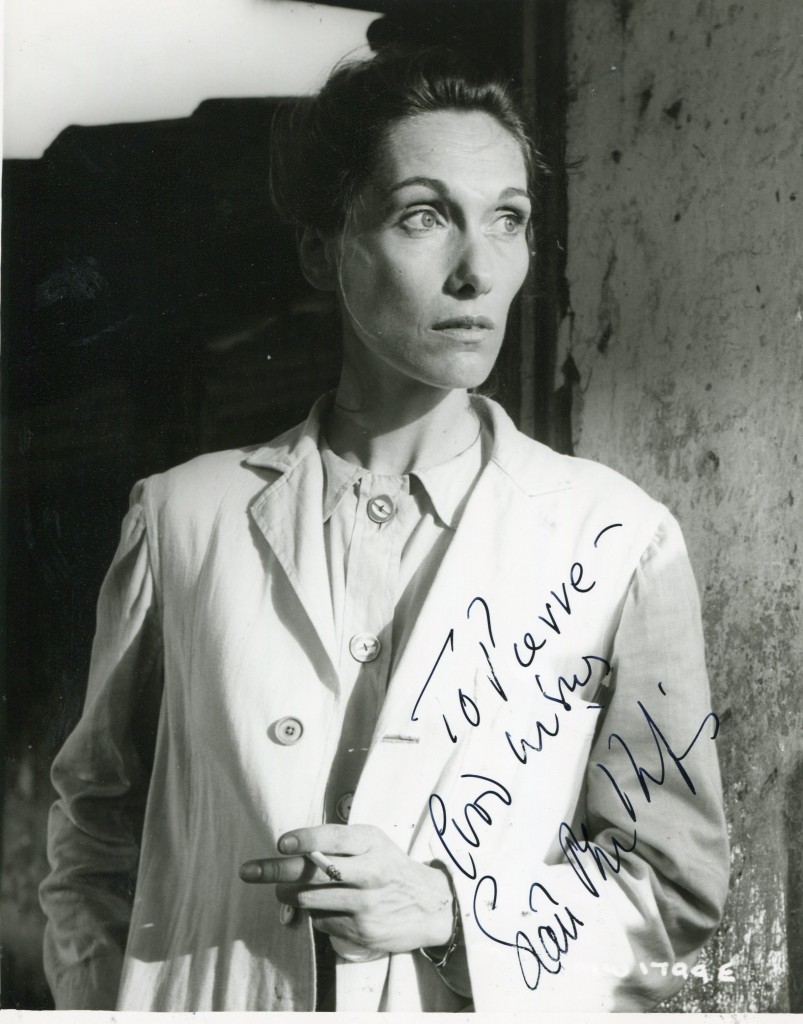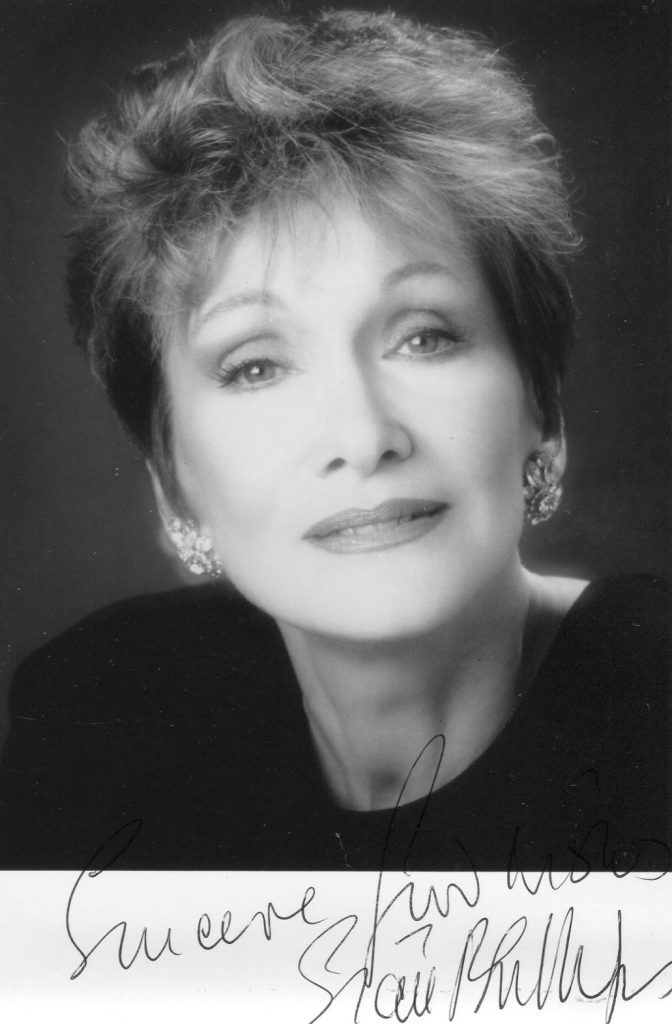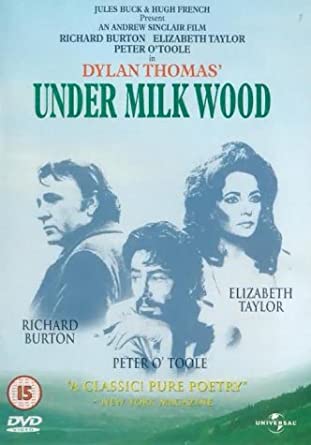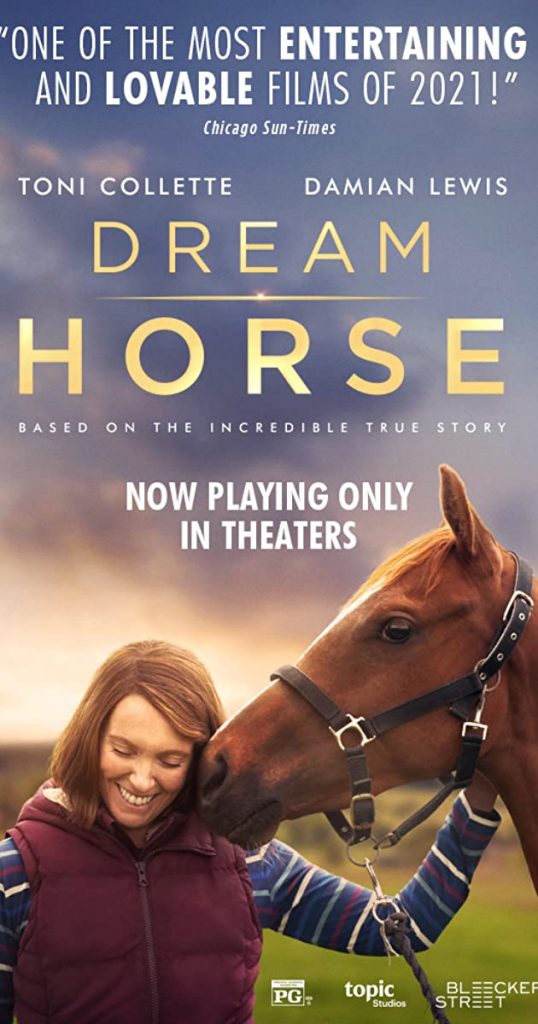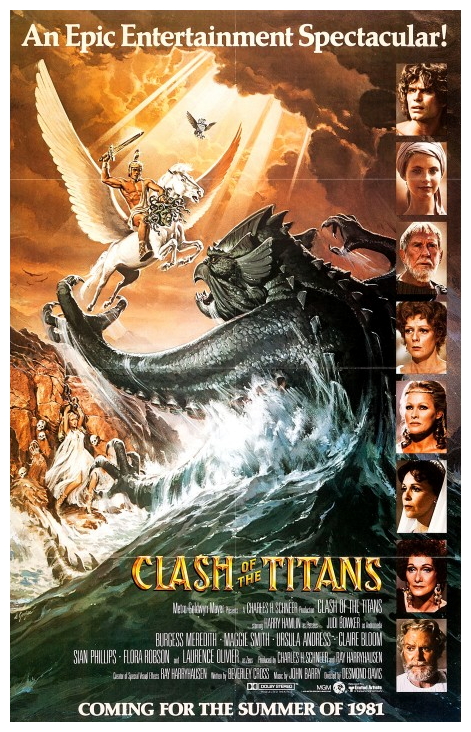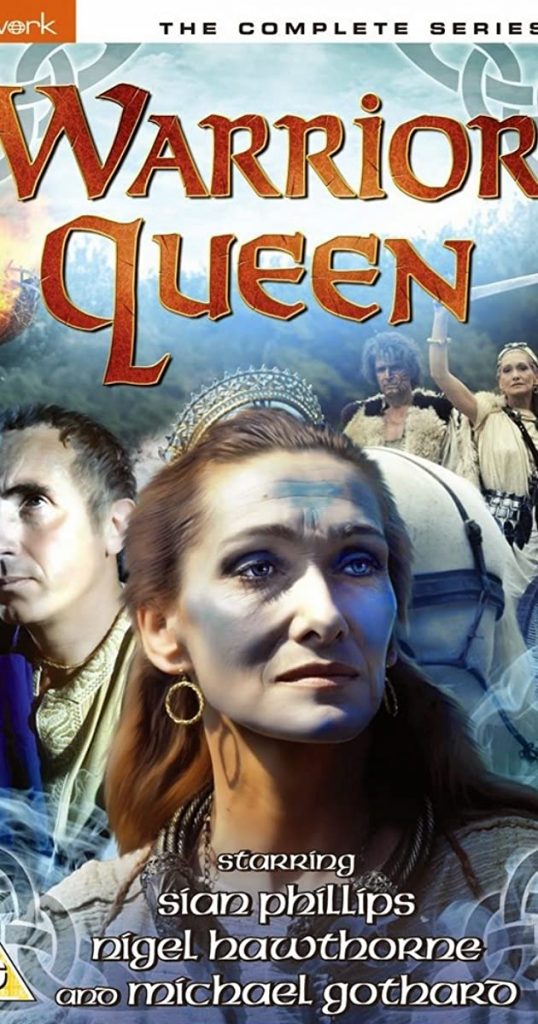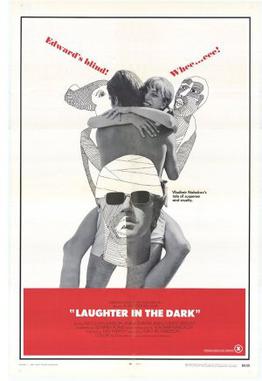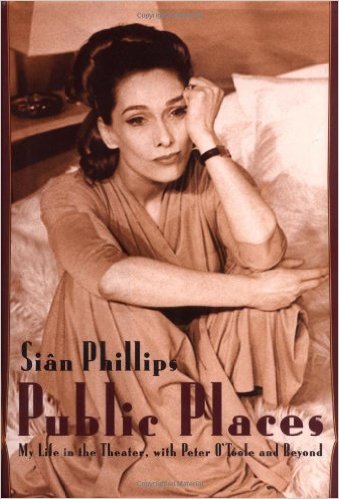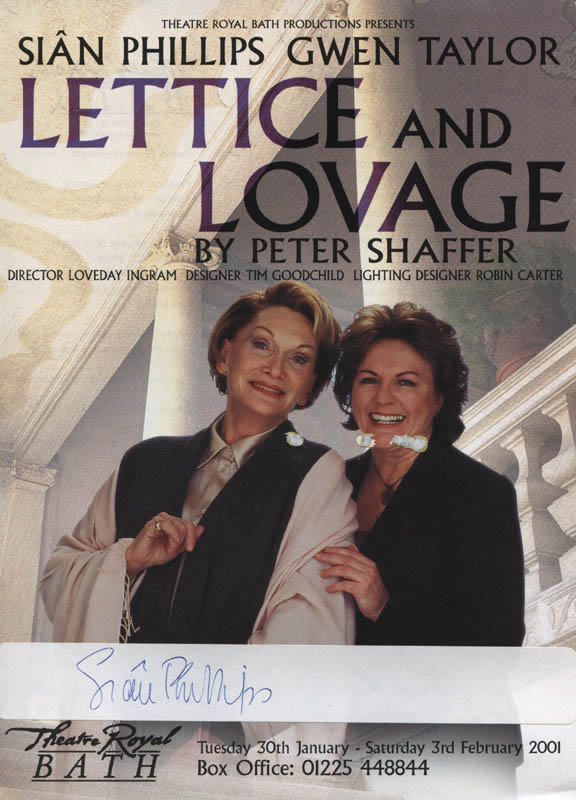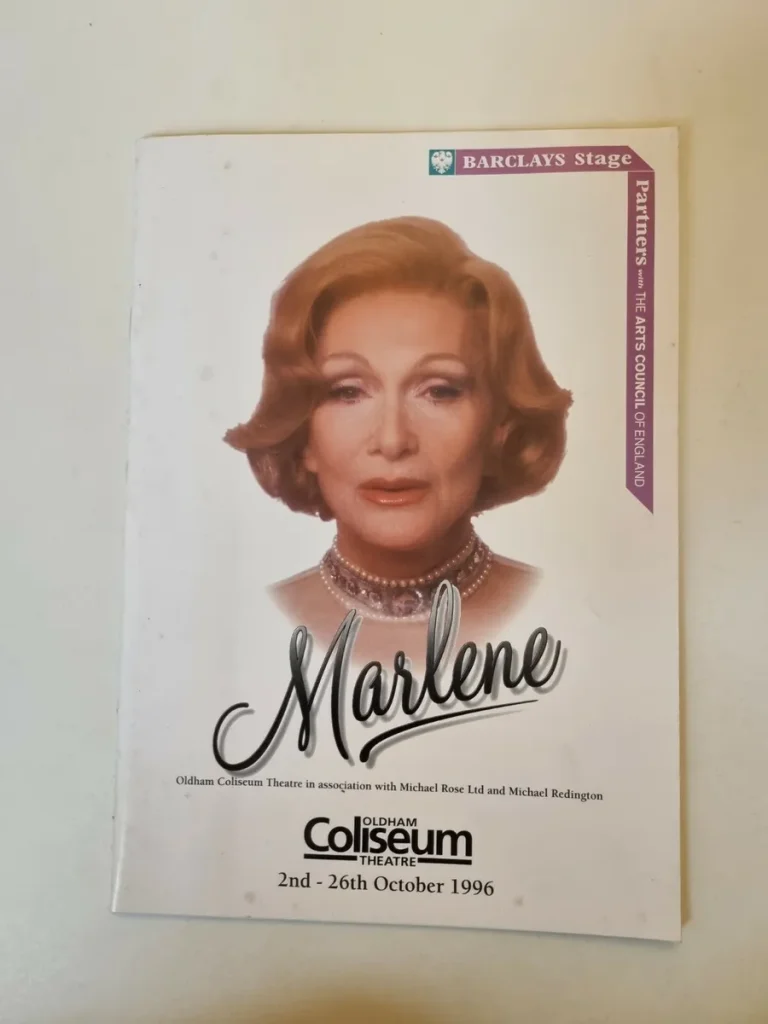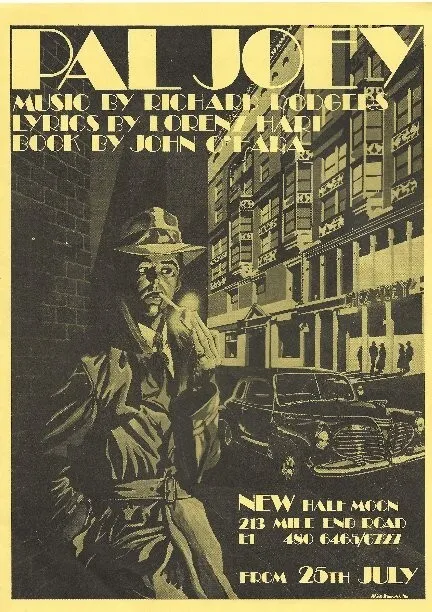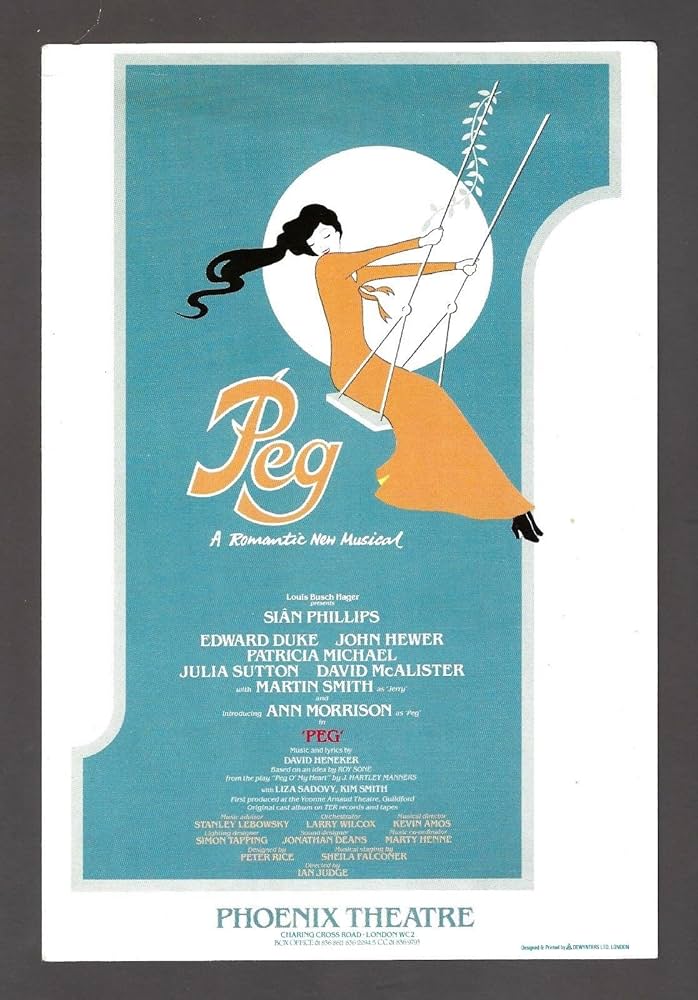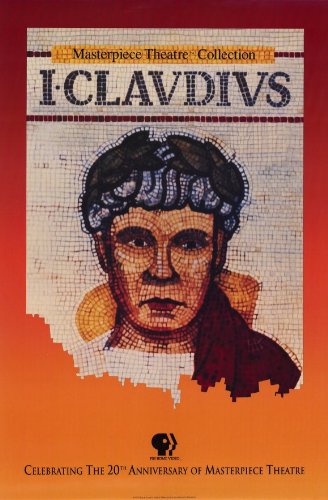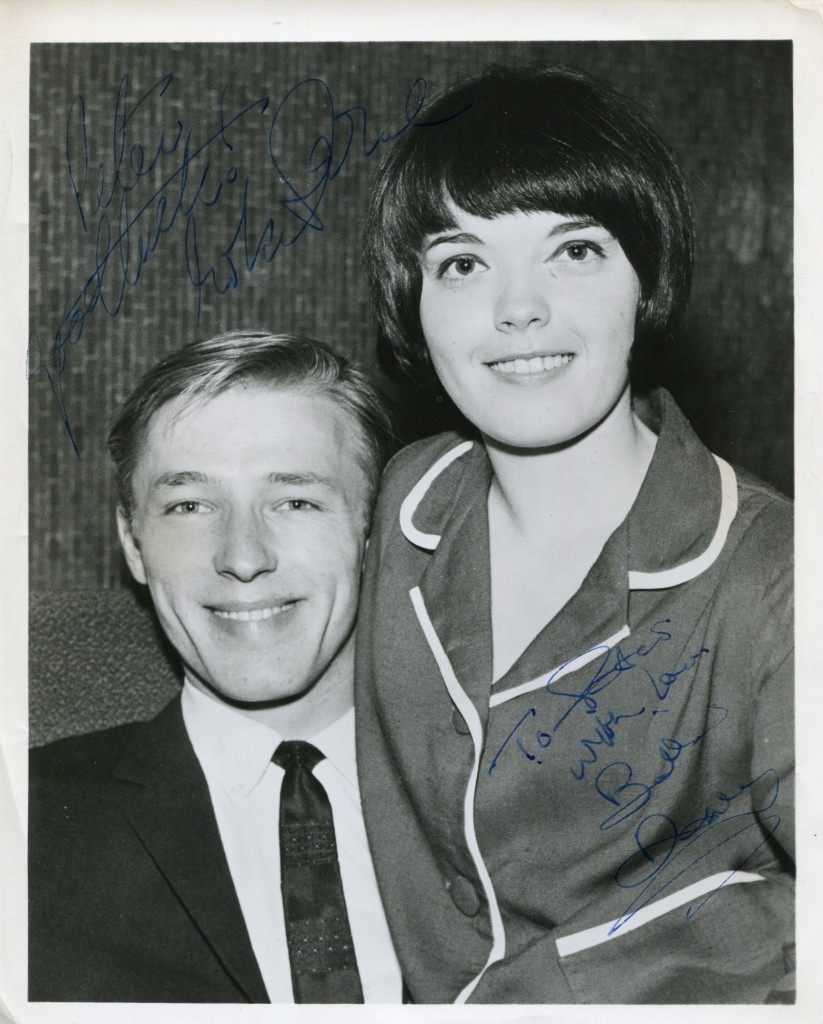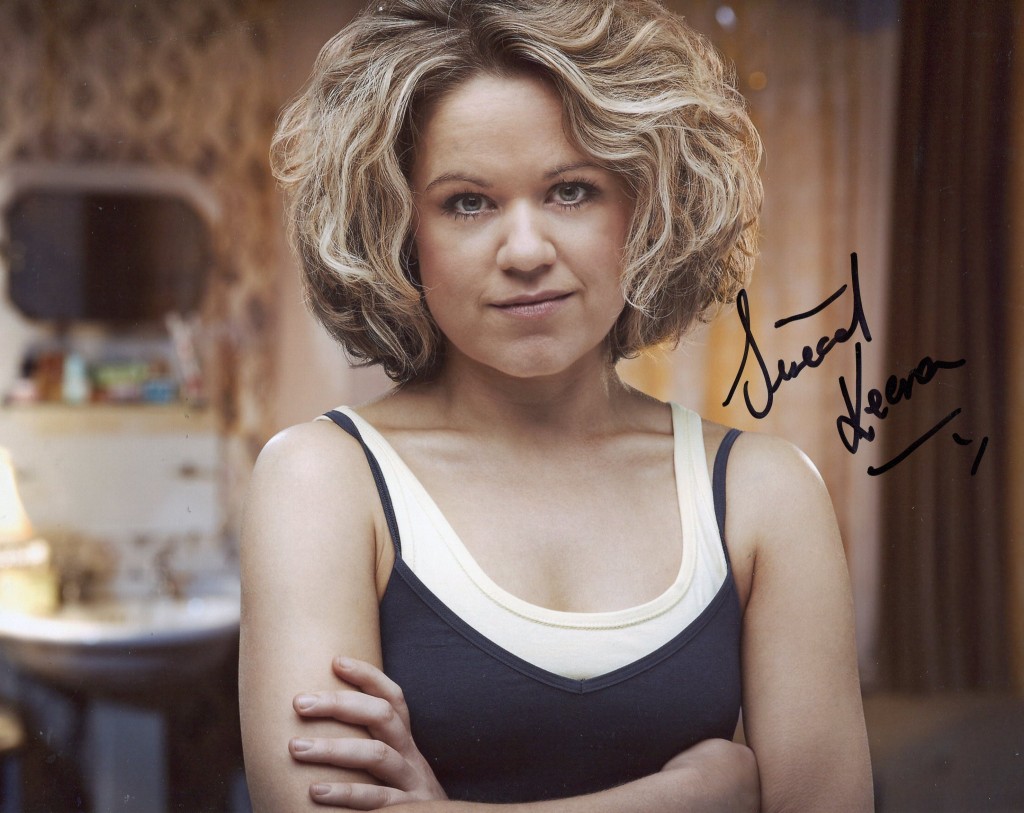“They said: ‘You have no staff, no money behind you, it’s for HIV and Africa. Are you crazy?” she says, laughing only slightly wildly. If the seats don’t sell she could lose £160,000 – which she says she can’t afford, despite the silver Jaguar in the drive with the number plate BOO. It sounds like a huge risk, but the diminutive singer loves grand gestures, and is already dressed this morning as if to receive yet another of the many big showbiz introductions she has been given over the years, in the West End and on the telly: her eye make-up, for example, is a full-on, two-tone Cleopatra sweep of powder that sharpens the cheekbones and gives her face a feline look.
There may well be another grand gesture tonight from the other star of her show: Didier Drogba, the Chelsea footballer still reeling from the departure of his coach and mentor Jose Mourinho. Drogba is a passionate, articulate man from the Ivory Coast who is loved as a singer back home as well as as a sportsman. He will appear with his own band – but with a microphone in his hand and a sympathetic audience listening, it’s easy to imagine the apparently furious striker telling the world what he really thinks of Roman Abramovich.
Boulaye, of course, would prefer him to talk about the Aids clinic he is opening in the Ivory Coast, one of four started by her charity Support For Africa.”Football is the only language that men in Africa understand,” she says, explaining why she has recruited Drogba to help get her message across to young black men here and on her home continent. A team’s worth of Premiership stars have said they will try to be at the concert. “You know what it’s like with footballers: they don’t turn up for anything. But they will this time.”
Would they dare do otherwise? Boulaye is an overwhelming personality who may smile a lot but is also ferociously determined. Sceptics beware: she believes she has God on her side. “I wake up every morning and I say, ‘Lord, send the ministering angels to help me. I can’t do it on my own.'”
She tells how the Lord (and the Professional Footballers’ Association) led her to big, intimidating Lauren the Arsenal defender who is a pussycat really and even turned up to a reception at the House of Lords on crutches and has opened another of the clinics and if all this sounds a bit breathless it is because that is how she makes you feel as she lurches quickly from one topic of conversation to the next, as if there is so much to say and so little time to say it. She did, after all, think she would be dead by now. “I survived a genocide,” she says of a childhood ravaged by the Biafra war. “I saw things that made me feel that if I live to be 35, that’s a miracle.”
It was God who gave her great success in show business, she says; then He took it away (with quite a lot of help from the Tory Party, as it turns out) so she could campaign against Aids, which she can talk about for ever. But ask about the genocide and the flow stops.
“Oh gosh. Oh. You want to open the can of worms?”
Her face becomes a mask. No smile now. I’m about to apologise in the silence and change tack when she says, “I saw something on television a while ago and suddenly I was four and a half and I was just reliving, again, a terror … seeing an explosion and seeing a body running down the road with no head, because the head has been cut off. Planes coming and bombing…”
The phone rings and the mood changes. When Boulaye returns she perches on a cushion on the edge of a vast white marble coffee table. She lives in this million-pound house with her husband, the promoter turned investor Stephen Komlosy. A devout Catholic, she’s big on blessings, lighting an altar-size candle in the hallway whenever a good thing happens. “Candles help you remember. Otherwise life is too full of bad things, dragging you down.”
The Biafra war had just ended when she came to London in 1970 as a 16-year-old. She joined what she thought was the queue for Madame Tussauds, but it was actually for an audition to take part in the musical Hair. Boulaye got a part. “My father disowned me.” Later she won New Faces and became one of the biggest black stars in Britain, starring in the definitive production of Carmen Jones and hosting her own television series for Channel 4. “Then suddenly – oof! – God cut it off. Everything just stopped. I didn’t understand it. Nobody called. No more bookings. My mother said: ‘He’s trying to tell you something.'”
There was a more earthly reason why she fell out of favour, surely? Like sharing a rally platform with Jim Davidson and Margaret Thatcher, when Thatcher was being accused of flirting with National Front policies and blamed for race riots? “I was politically unaware,” she says. “When I came here it was in the Winter of Discontent. To see the streets of the Mother Country looking like African streets, with rubbish everywhere, was frightening.”
She backed Thatcher – a steely, slightly manic go-getter like herself – to do something about it. This daughter of a prominent Nigerian politician also developed unlikely friendships in high circles, most notably Sir John Major. “I still adore him. He understands Africans.” In time William Hague asked her to help shift the image of the Tories during the race for Mayor of London. “Oh boy,” she says. “It was the biggest mistake I ever made.”
Newspapers assumed she was running for election, even though she says she wasn’t. Then a Guardian interview quoted her as saying she believed in sticking up loyally for unfashionable causes, including (quite astonishingly for a black Anglo-African) “apartheid”. The words the reporter misheard were “a party”, meaning the Tories. The Guardian apologised and paid damages. But Boulaye had acquired the image of a loose cannon with some dubious views.
“The Conservatives said I would have to look like I was running after all, otherwise it would seem as though another black person had been hounded out of the party. I said: ‘Oh, come on. This is ridiculous. I want to get my career back. You guys have destroyed it as far as the public is concerned.”
Was that true? “They did. It wasn’t their fault. Black people totally hated me for saying I was a Tory. The BBC didn’t want to touch me for many years. But I just thought: ‘Hey. God has his plans.’ When I saw those babies my life changed.”
There were 60 of them in a room in a village in Nigeria, which her brother took her to visit in 2001. “There was a tiny baby in the corner, skeletal. The woman who was there said: ‘That’s our little Victor. Pick him up, he loves to be held. He’s got two weeks to live. He’s got full-blown Aids.'” Boulaye wept as she was told where all the babies had come from. “The woman said: ‘The farmers picked them up from the forest. The villagers don’t understand what HIV is. They’e heard it is an evil spirit that kills you. To keep the spirit away from the rest of the family the witch doctor says the babies must be buried alive.'”
The mothers couldn’t bring themselves to do it, so abandoned the babies. “I just thought: ‘What can I do?'” Unimpressed by other “well-meaning but patronising” charities she chose, of course, to start one of her own. But how to fund it? Her husband’s business career was in a dip (from which she says he has recovered). She wasn’t making much money from singing (her website says she’s available for weddings). But she had a lot of nerve. So she booked the Albert Hall in 2002 and persuaded Sir Cliff Richard to sing with a choir of 3,000 children from schools, clubs and churches. The choir will be formed again tonight with each member paying £25 for a ticket, which is a masterstroke on her part.
That first event barely broke even, but in the following months £70,000 was raised. Since then four clinics have been built, for about £25,000 a time. “After that the people of the village have to start putting money into the account to pay for it. They are poor, yes, but… these are my people. I tell them: “It’s your clinic. I’ve done my bit. Don’t tell me you are helpless because there are people back in England who paint with a paintbrush in their teeth because they have no arms and legs. You can survive! If you waste this opportunity I will bring back the BBC and show them the most useless people in the world!'”
The clinics offer primary healthcare, counselling and advice about Aids. But not condoms. “Don’t be stupid,” she says. “That would encourage the spread of HIV. The villager would have one condom and use it form months, time and time again. He can’t go to Boots. You’re covering up the problem, putting make-up on an ugly woman. The answer is to talk to them frankly about what Aids really is.”
Couldn’t she get those super-rich footballers to pay up, rather than just turn up? Boulaye gives me that stare again. “I could take Didier Drogba’s money and open five clinics – but if Didier himself opens just one then his whole nation will listen to the message about Aids. Many more lives will be saved. You see?” Boulaye says with a smile fierce enough to light up the stalls tonight, “You have to think big.”
The above “Independent” article can also be accessed online here.



